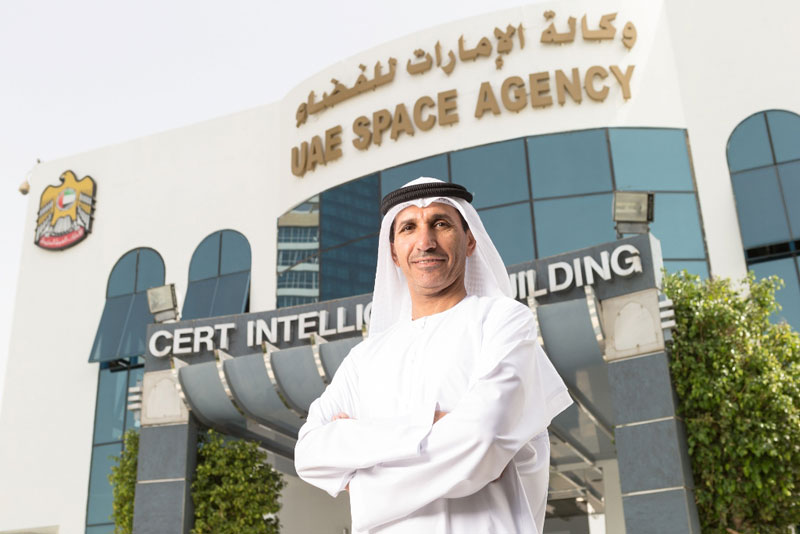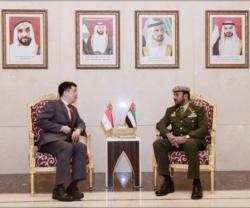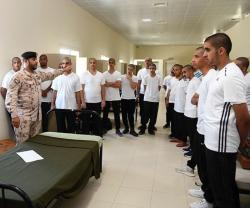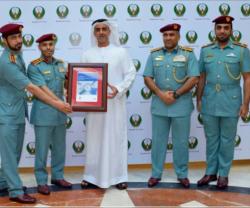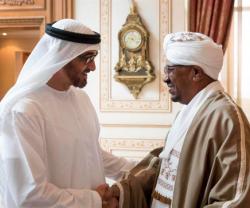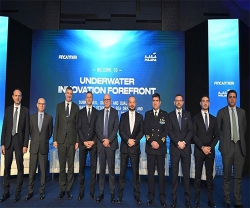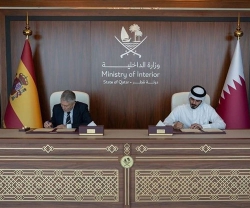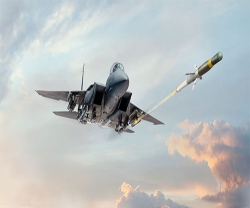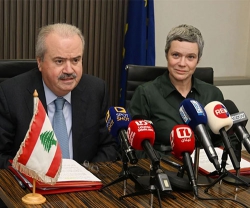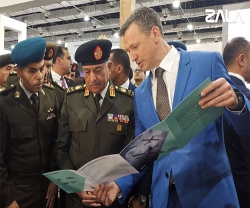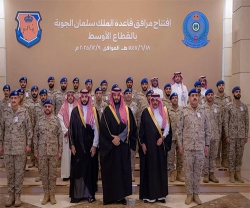UAE is first in the Arab world to announce the launch of a space probe, Al Amal, that will explore Mars' climate in 2021. The ambitious project will contribute to mankind's quest to know more about the Red Planet.
The UAE, being at the forefront of firsts, has now joined the league by launching its own expedition into outer space. The UAE Space Agency, formed in July 2014 under the order of The President, His Highness Sheikh Khalifa bin Zayed Al Nahyan, aims to lead the first Arab-Islamic venture.
The Emirates Mars Mission, better known as Al Amal or “Hope” Mars probe, comprises the first all-Emirati team that will design, manufacture and launch an unmanned device for a scientific voyage in the year 2021. The year will coincide with the UAE's 50th National Day.
Led under the supervision of the Mohammed bin Rashid Space Centre (MBRSC), the Hope Mars probe aims to study Mars' atmosphere and record climate changes as it travels through seasonal cycles. The information collected will be shared among 200 global institutions.
The 75-member Emirati team is divided into seven groups including Spacecraft, Logistics, Mission Operation, Project Science Education and Outreach, Ground Station, and Launch Vehicle. The program is also integrating the teaching community to encourage future engineers and scientists in the field.
Another interesting project is KhalifaSat. Announced in 2013, the satellite follows its predecessors, DubaiSat-1 and -2, to open up doors to the UAE's technological advancement and bring in a new segment in the country's list of space ventures.
Developed by Emirati engineers, phase one of the satellite project began in South Korea. Further development and testing will continue in the UAE, once the nation establishes the necessary facilities to support the project.
The launch date for the satellite has been slated in 2018. It will provide high resolution images and important data required for disaster relief management, urban planning, environment protection and marine detection, to name a few.
Developed by the engineering students of American University of Sharjah under the supervision of MBRSC, the UAE's first cube satellite will take off on a Falcon 9 rocket in 2016 from the US. Once launched, the nano-satellite will be controlled from a ground station in the UAE, which will be based in the University.
The UAE Space Agency along with the International Astronomy Centre recently took part in observing the entry of artificial space debris to the earth's atmosphere in mid-November this year. The team took off from Abu Dhabi in a private aircraft and remained airborne over the Indian Ocean, using special equipment to record their findings.
Prior to the mission, Dr. Khalifa Al Rumaithi, Chairman of the UAE Space Agency, had stated: “Our participation in such space-related events comes in line with the country's strategic plans for the UAE Space sector, which aims at enhancing and supporting scientific research in the Space field. The emirate's delegation and its participation in the observation efforts will highlight the country's position in the international space community, and support scientific discovery, which benefits the whole of humanity.”
The cooperative mission involved renowned scientists from the US Space Agency (NASA), the European Space Agency (ESA), and other international space observatories.

